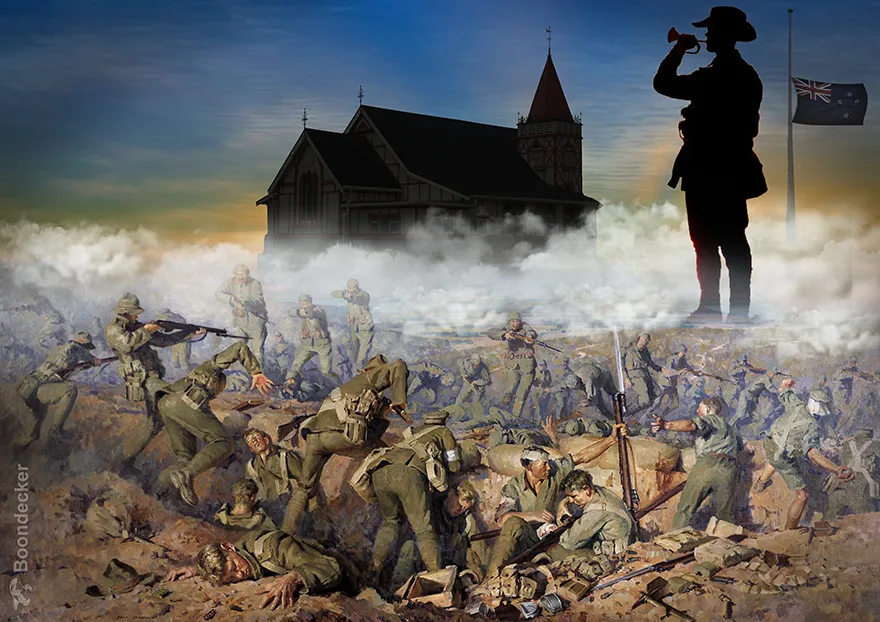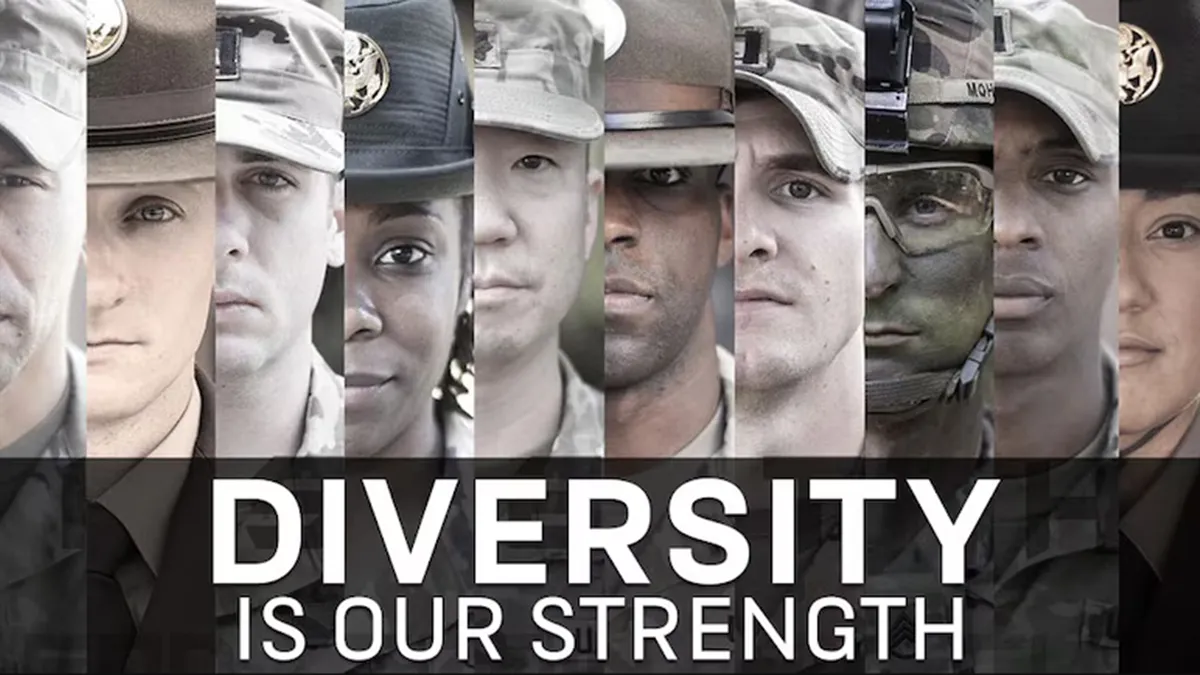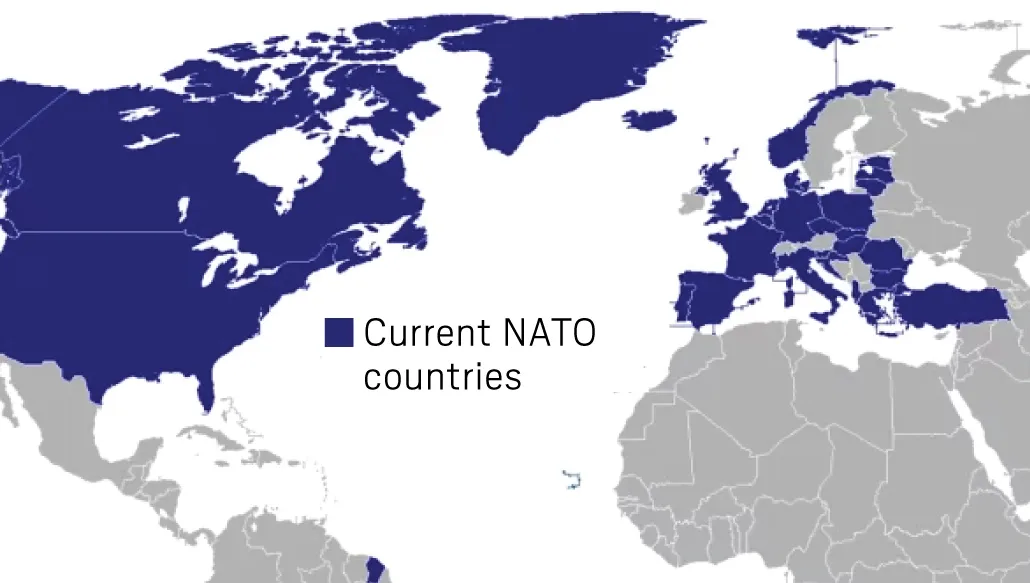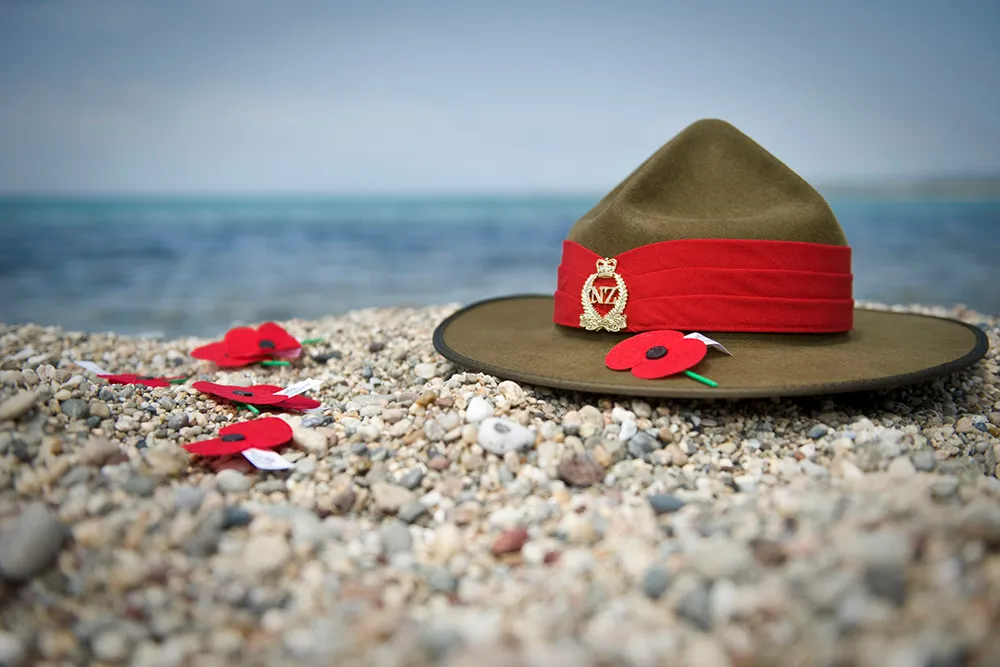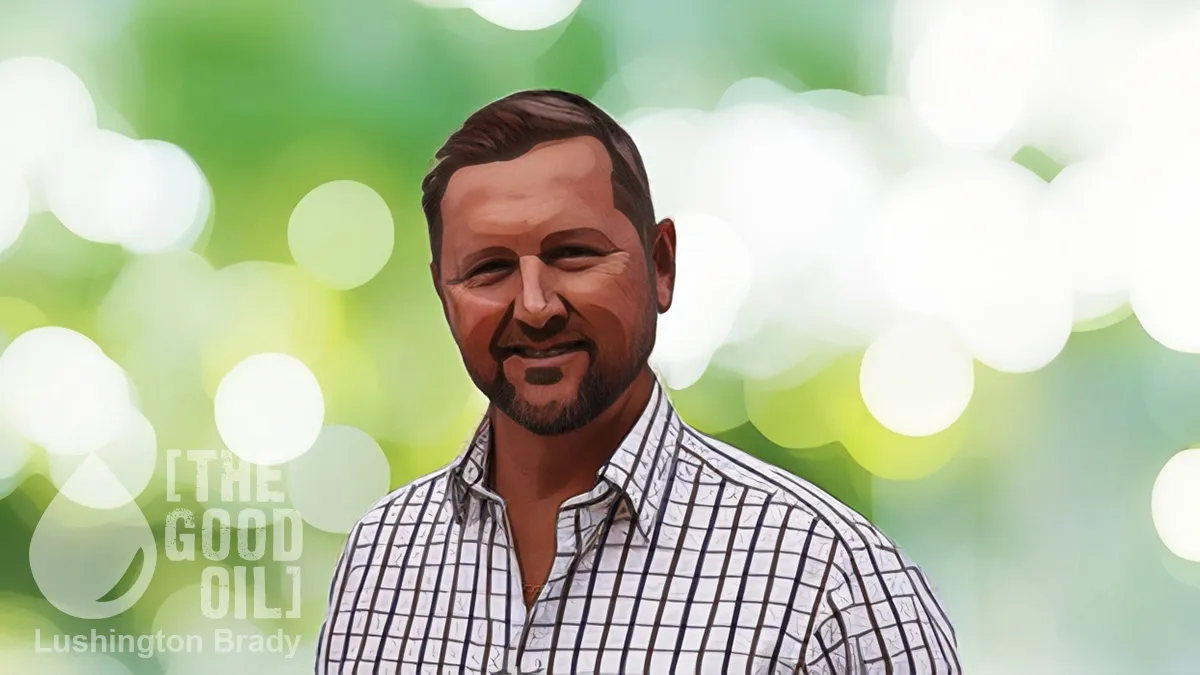Table of Contents
Press release: NZ First
Minister for Veterans Ron Mark has announced today the Coalition Government’s initial response to work completed by the independent statutory body, the Veterans’ Advisory Board.
“When Professor Ron Paterson completed his review of the Veterans’ Support Act in 2018, he made a number of recommendations, including one which I referred to my independent advisory body, the Veterans’ Advisory Board,” says Ron Mark.
The Board was asked to look at who should be considered a veteran and how their service should be recognised.
“This was an issue that a number of veterans had expressed disquiet about. Professor Paterson felt the time had come to look at it again, and I agreed.”
The Veterans’ Advisory Board has recommended that all who have served should be considered veterans, and should receive services and support, on the basis of need, if they have been injured or made ill by their service in the armed forces, irrespective of where that service took place.
“That would be a substantial change to the current situation in New Zealand and, as the Board recognises, there are a number of implications to be worked through.
“I’m asking my officials to examine and cost the sorts of scenarios for veteran recognition that the Board has detailed, and to examine the possibility of a navigator service to help military personnel transition to civilian life.
“In the meantime, as Minister for Veterans I am using the term ‘veteran’ in line with the broader and more inclusive definition recommended by the Board, where this does not impact on use of this term as otherwise defined in legislation.”
The Board also recommended a Covenant, or Kawenata, be established between service people and the Government and the people of New Zealand.
Such a Covenant or Kawenata would formalise an undertaking that those who serve, and their families, should not be disadvantaged by service, and that special provision be made for those who have sacrificed the most.
“Prominent examples of a Covenant in overseas jurisdictions are the Armed Forces Covenant in the United Kingdom, and the Australian Defence Veterans’ Covenant, and I believe they have demonstrated significant benefit for veterans and their families.
“Cabinet has agreed that the Veterans’ Advisory Board undertake a national conversation with New Zealanders about the possibility of establishing such a Kawenata here.
“The Veterans’ Advisory Board will be reporting back to me on their findings by 31 July 2020, and I encourage all those interested in this topic to engage with the Veterans’ Advisory Board as they seek the views of the community.
“Early next year I expect to make a further announcement on policy and legislative improvements to the veterans’ support system, alongside a summary of progress made on responding to all 64 recommendations of Professor Paterson’s report,” says Ron Mark.
The Veterans’ Advisory Board interim report can be found at: https://www.beehive.govt.nz/sites/default/files/2019-12/VAB%20Interim%20Report.pdf
The Terms of Reference for the next stage of work for the Veterans’ Advisory Board, on establishing a Covenant or Kawenata can be found at: https://www.beehive.govt.nz/sites/default/files/2019-12/TOR%20for%20VAB%20-%20December%202019.pdf
Q&A
Are the recommendations of the Veterans’ Advisory Board now Government policy?
The Board’s role is to provide independent advice to the Minister. The recommendations that have been made in the report do not represent Government policy; and the costings prepared by the Board to illustrate the scenarios they have detailed are rough order of magnitude figures only.
The Minister has requested further work from both the Board and officials to follow up on matters raised in the interim report.
What is the Covenant that is being proposed?
The Board has recommended establishing a covenant to formalise the relationship between those who have served and the Government and people of New Zealand. The details, including form and function, of such a covenant has not been developed, and the Board will be seeking New Zealanders views on the matter through a national conversation.
What is a national conversation?
The term refers to seeking the views of New Zealanders about a topic; in this case it is proposed the Board examines how New Zealanders view the possibility of recognising those who have served through establishing a Covenant.
How long will it be until the results of the national conversation are made available?
The Veterans’ Advisory Board will report back to the Minister of Veterans by 31 July 2020.
Has a Covenant been pursued elsewhere in the world?
Yes. Prominent examples are the Armed Forces Covenant in the United Kingdom, and the Australian Defence Veterans’ Covenant.
Does the Government intend to change the definition of veteran in the legislation?
Officials have been directed to establish exactly what a definition change would mean and, if it were to go ahead, how it could be managed, including a demographic analysis and actuarial costing of the sorts of scenarios for veteran recognition that the Veterans’ Advisory Board’s interim report has detailed.

